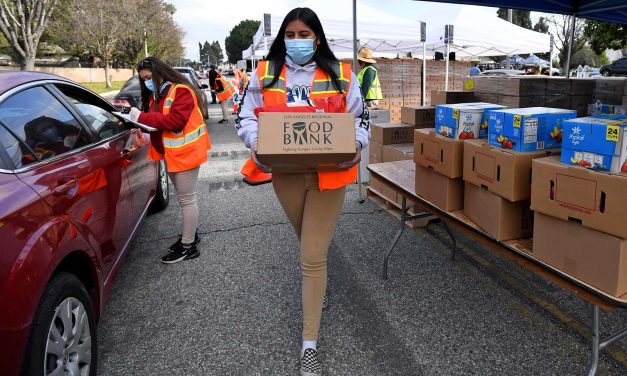The Splinternet: How a global fight for control of the digital superhighway threatens to destabilize it
By Nick Merrill, Research Fellow, University of California, Berkeley You try to use your credit card, but it doesn’t work. In fact, no one’s credit card works. You try to go to some news sites to find out why, but you can’t access any of those, either. Neither can anyone else. Panic-buying ensues. People empty ATMs of cash. This kind of catastrophic pan-internet meltdown is more likely than most people realize. I direct the Internet Atlas Project at the University of California, Berkeley. Our goal is to shine a light on long-term risks to the internet. We produce indicators...
Read More















